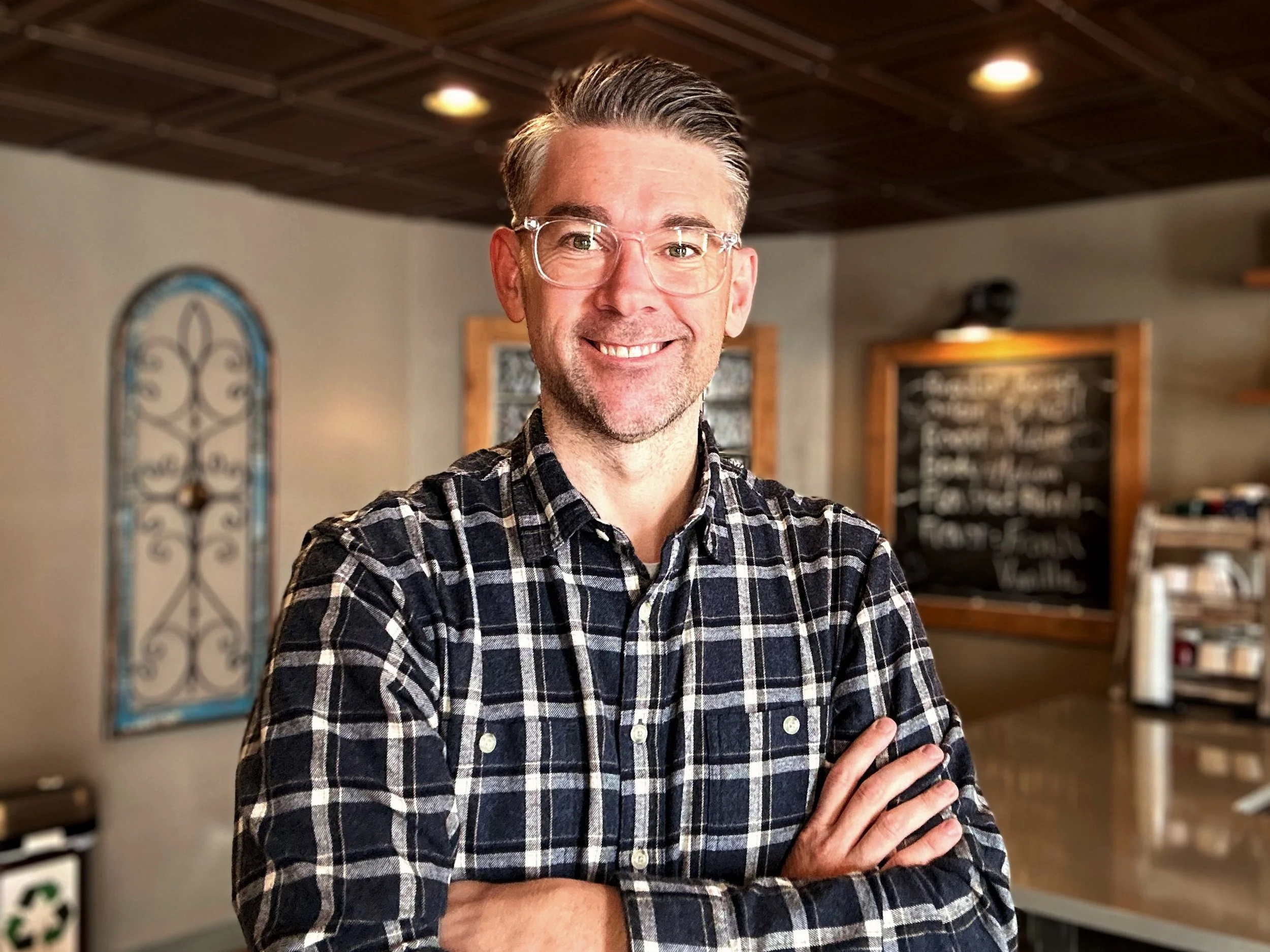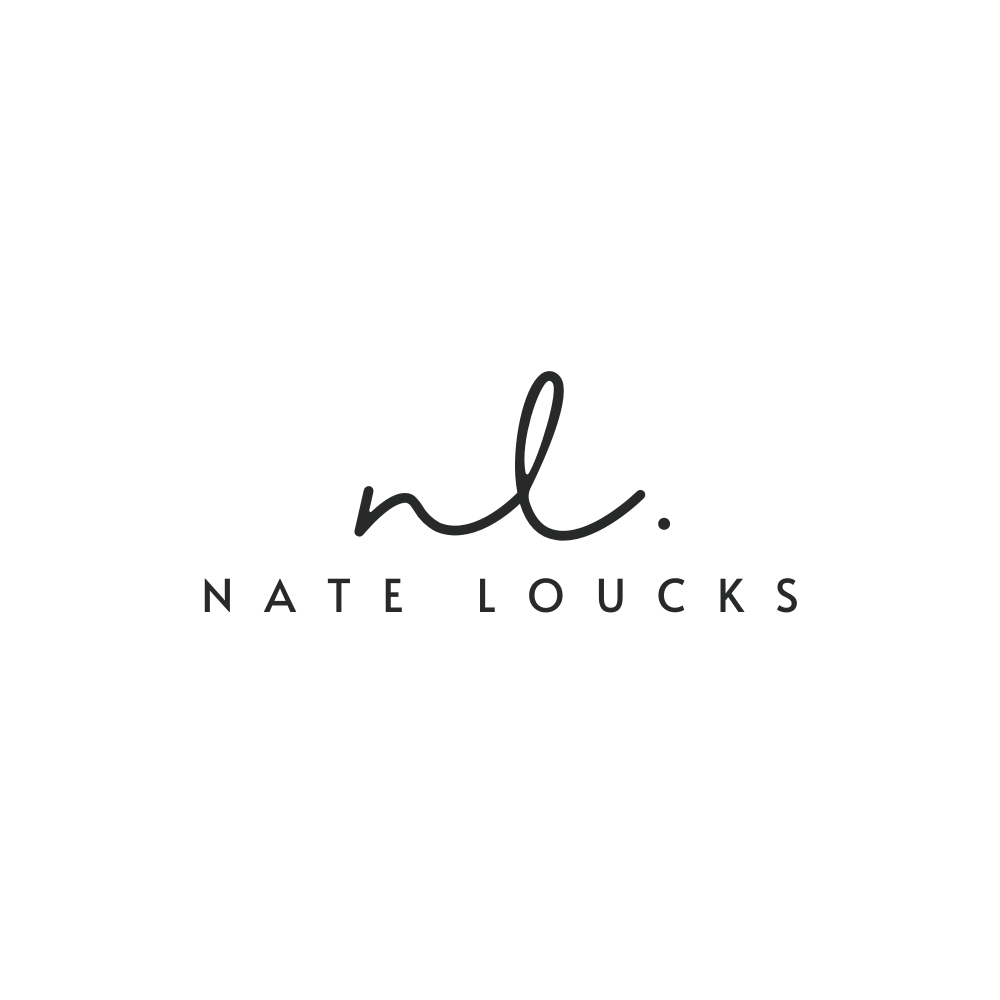The 5 Books I [Re-]Read the Most
I love to read. I try to read a new book every two weeks on top of the multiple commentaries and sources I read preparing to teach at State Street. I love reading with other people as well. This is why we started our book club at State Street where 10+ other State Streeters wrestle through different ideas and theological opinions together.
But, I often find myself re-reading books that I really enjoy. When I find something I like, I tend to be dedicated to that source for life. There are certain movies and music that I have listened to consistently for the last 15 years. I liked them then, I still like them now. So, what are the five books that I re-read the most? Here's my list:
1. Resident Aliens: A Provocative Christian Assessment of Culture and Ministry for People Who Know that Something is Wrong by Stanley Hauerwas & Will Willimon
--> When did I first read Resident Aliens? I read it for the first time in 2005 upon the suggestion of my friend Dave Cramer (who recommends most of the great books that I have read)
--> Favorite quote? “The basis for the ethics of the Sermon on the Mount is not what works but rather the way God is. Cheek-turning is not advocated as what works (it usually does not), but advocated because this is the way God is — God is kind to the ungrateful and the selfish. This is not a stratagem for getting what we want but the only manner of life available, now that, in Jesus, we have seen what God wants. We seek reconciliation with the neighbor, not because we feel so much better afterward, but because reconciliation is what God is doing in the world through Christ.”
--> Interesting fact? This was the first book I ever read by Stanley Hauerwas. Since this time, Hauerwas' writings have had a profound effect on my theological convictions.
2. The Challenge of Jesus by N.T. Wright
--> When did I first read The Challenge of Jesus? 2005. I remember reading this book sitting outside at Lamb's Chapel. You know it's a good book when you can remember the exact place you were sitting when you read it. This isn't my 'favorite' Wright book, but it's the one I re-read the most.
--> Favorite quote? “The radical hermeneutic of suspicion that characterizes all of post-modernity is essentially nihilistic, denying the very possibility of creative or healing love. In the cross and resurrection of Jesus we find the answer: the God who made the world is revealed in terms of a self-giving love that no hermeneutic of suspicion can ever touch, in a Self that found itself by giving itself away, in a Story that was never manipulative but always healing and recreating, and in a Reality that can truly be known, indeed to know which is to discover a new dimension of knowledge, the dimension of loving and being loved.”
--> Interesting fact? The first Wright book I have read. Like Hauerwas, he has had tremendous influence in my life. I also bought this book at a Bargain Books in Mishawaka.
3. The Doors of the Sea: Where Was God in the Tsunami? by David Bentley Hart
--> Favorite quote? "For, after all, if it is from Christ that we are to learn how God relates himself to sin, suffering, evil, and death, it would seem that he provides us little evidence of anything other than a regal, relentless, and miraculous enmity: sin he forgives, suffering he heals, evil he casts out, and death he conquers. And absolutely nowhere does Christ act as if any of these things are part of the eternal work or purposes of God."
--> Interesting fact? I read this three times last year. Fortunately, it's not long.
4. A Grief Observed by C.S. Lewis
--> When did I first read A Grief Observed? 2012. I read this upon the suggestion of my friend Ben Mannix. He suggested that I engage more with Lewis as he believed that I would enjoy his writings. This was another book that I referenced quite a bit in our series on theodicy; [Skubala] Happens.
--> Favorite quote(s)? "Not that I am (I think) in much danger of ceasing to believe in God. The real danger is of coming to believe such dreadful things about Him. The conclusion I dread is not ‘So there’s no God after all,’ but ‘So this is what God’s really like. Deceive yourself no longer.’" AND "Talk to me about the truth of religion and I’ll listen gladly. Talk to me about the duty of religion and I’ll listen submissively. But don’t come talking to me about the consolations of religion or I shall suspect that you don’t understand."
--> Interesting fact? I sat in Rocky Mountain Cafe and bawled my eyes out as I read this book. For those that haven't read it, this is Lewis' thoughts about the death of his wife and the subsequent accompanying grief. Heart-wrenching! But, so good.
5. Journey to the Common Good by Walter Brueggemann
--> When did I first read Journey to the Common Good? 2008. Not sure what brought me to Brueggemann. I just remember being entranced by his writing. Brueggemann consistently challenges me to believe and practice the peculiar vocations of the church.
--> Favorite quote? "The most elemental passion of the prophetic tradition assumes that evangelical faith has little to do with private piety and everything to do with the systemic maintenance of a humane infrastructure."
--> Interesting fact? I actually used some of the ideas of scarcity in a series on Acts 2:42 from this year. This book is referenced quite a bit in my teaching.
So, what about you? What books (outside of the scriptures) do you find yourself reading over and over again? I have a few more I could list but this is probably the most accurate top-5 I could name.


![The 5 Books I [Re-]Read the Most](https://images.squarespace-cdn.com/content/v1/50b4e9cce4b05eacaf727e8d/1363880501728-M80E9JIW6J3FJXY0R5BG/Hauerwas-Resident-Aliens.jpg)
![Come Together [a new series at State Street]](https://images.squarespace-cdn.com/content/v1/50b4e9cce4b05eacaf727e8d/1369345037731-SUM334QG8XXJAGVFBNX1/Background-2.jpg)
![32 Reasons that I Love my Wife [on her 32nd Birthday]](https://images.squarespace-cdn.com/content/v1/50b4e9cce4b05eacaf727e8d/1362687324149-F0EZHSTL0C8TE32R26Y6/557331_10151130219525185_1992257741_n.jpg)